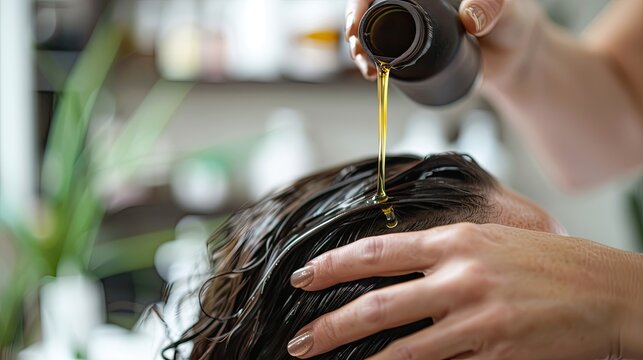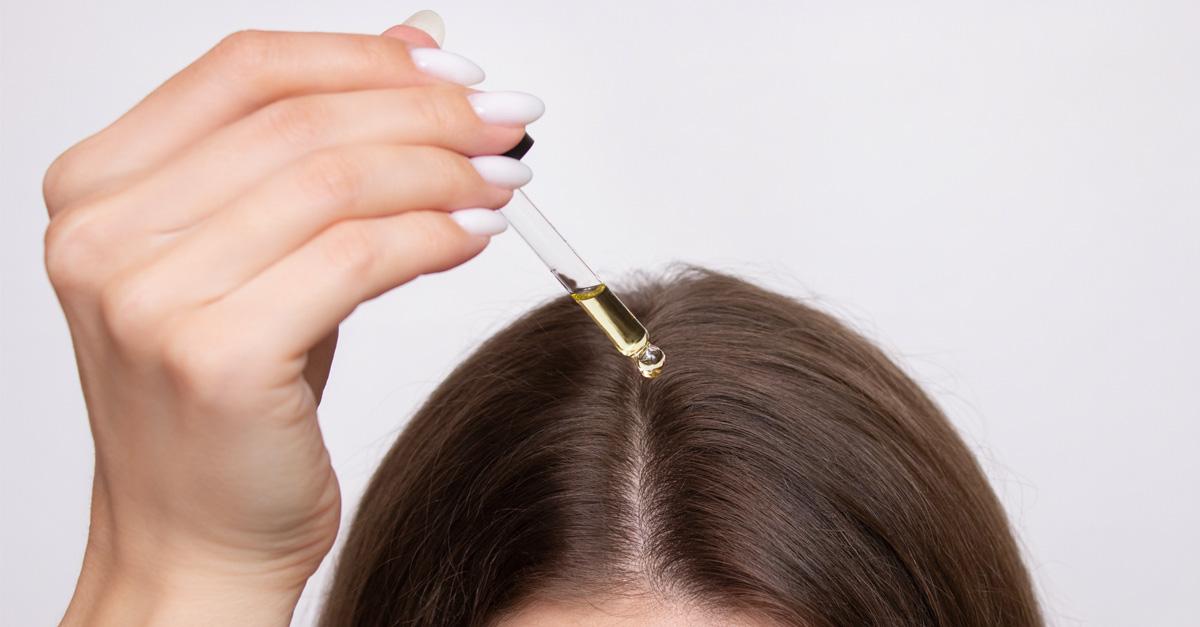Is Mineral Oil Good for Hair? A Complete Beauticians Guide
When it comes to hair care, the debate around mineral oil has been swirling for decades. As a beautician, youre probably wondering: is this common ingredient truly beneficial for your clients locks, or does it fall short compared to natural oils?
In this in-depth guide, well explore what mineral oil really does for hair and provide you with tips to maximize its potential, allowing you to make informed decisions for your clients. Rest assured, well uncover everything from the science behind mineral oil to its key pros and cons, along with some excellent alternatives as needed.

What is Mineral Oil?
Before diving deep into whether mineral oil is good for hair, lets understand what it is. Mineral oil is derived from petroleum and is a highly refined, odorless, and transparent liquid. It is commonly used in both skincare and hair care products due to its water-repelling and lubricating properties. While its often criticized for being synthetic, it remains a mainstay ingredient in the beauty world.
Several treatments and haircare formulations include mineral oil as a base because it helps reduce frizz, adds shine, and creates a protective barrier over hair strands. In fact, it has been a staple in traditional beauty methodologies for generations.
Benefits of Mineral Oil for Hair
Seal in Moisture
One of the most significant advantages of using mineral oil is its ability to lock in moisture. Clients with dry or damaged hair often benefit when you apply products containing mineral oil after hydrating treatments. It creates a barrier over the hair cuticle to prevent moisture loss, keeping hair soft and hydrated for longer.
Looking for hydrating alternatives? Read more about pure aloe vera gel for a natural twist.
Smooths and Detangles Hair
Busy beauticians know the struggle of managing tangled or knotted tresses during hairstyling sessions. The lubricating properties of mineral oil offer a quick solutionit smooths the hair, making it easier to detangle and style. This benefit is particularly helpful for clients with textured, curly, or chemically treated hair.
Reduces Frizz
Mineral oil is also an exceptional anti-frizz agent. It forms a protective shield around your clients' hair strands, preventing humidity from wreaking havoc on their hairstyles. For long-lasting and polished results, pairing mineral oil-based serums with styling tools can create a sleek, glossy appearance.
Explore how different hair oils help manage frizz for various hair types.
Drawbacks of Using Mineral Oil for Hair
While mineral oil offers undeniable advantages, its not without its downsides. Understanding these limitations will allow beauticians to recommend its usage in appropriate situations.
May Cause Build-Up
Because of its occlusive nature, mineral oil is prone to building up on the scalp and hair over time. This can weigh down fine strands or lead to a greasy appearance, especially if not cleansed thoroughly.
To mitigate this, consider using clarifying shampoos or switching to lightweight oils like cocoa butter for similar frizz-fighting effects.
Lacks Nutritional Value
Unlike natural hair oils like coconut or almond oil, mineral oil doesn't contain fatty acids, vitamins, or minerals that nourish hair from within. It is more of a surface-level additive, lacking the deep restorative properties that your clients may need for healthier hair.
Best Way to Use Mineral Oil for Hair
Incorporating mineral oil into your clients hair care regime requires strategic application. Here are some professional tips to get the most out of it:
- Apply a small amount to damp, towel-dried hair to lock in moisture without causing build-up.
- Combine mineral oil with natural oils for deeper hydration and nourishment during scalp massage treatments.
- Always recommend alternating with nourishing oils like argan or jojoba for balance.
Curious which oils work best for growth and shine? Check out this complete guide.
Alternatives to Mineral Oil for Hair
If your client prefers something more natural or nutrient-rich, here are some excellent alternatives to consider:
- Coconut Oil: Rich in fatty acids and deeply hydrating.
- Argan Oil: Lightweight with vitamins that smooth and strengthen hair.
- Castor Oil: Helps with hair growth and adds shine.
- Macadamia Oil: Perfect for taming thick, unruly hair.
Explore more on how to choose the right oils via this article.
FAQs
Should I use mineral oil on all hair types?
Mineral oil can be beneficial for dry or textured hair. However, clients with an oily scalp or fine hair may find it too heavy.
How often can you apply mineral oil to your hair?
You can apply mineral oil 1-2 times a week, especially after hydrating treatments. Avoid overuse as it can lead to build-up.
Whats the biggest difference between mineral oil and natural oils?
While mineral oil is great for sealing moisture, natural oils also provide vitamins and nutrients that foster deeper hair health and growth.

Conclusion
So, is mineral oil good for hair? In short, yeswhen used properly and in moderation. As a beautician, staying informed about its properties and knowing your clients hair needs will help you implement it effectively in your treatments. Be sure to balance it with nutrient-rich alternatives for optimal results.
This article contains affiliate links. We may earn a commission at no extra cost to you.
